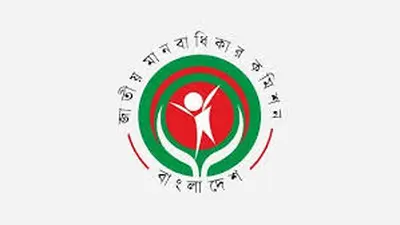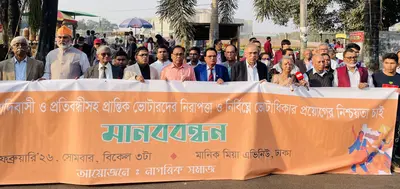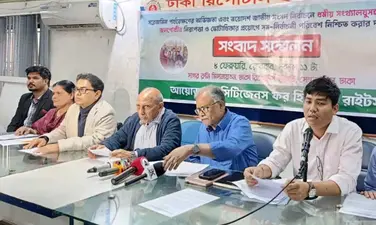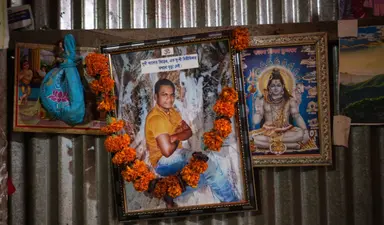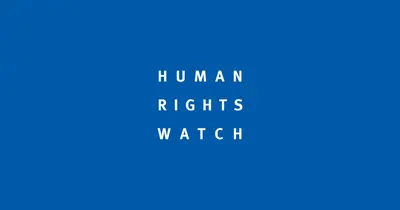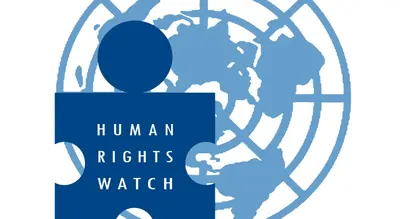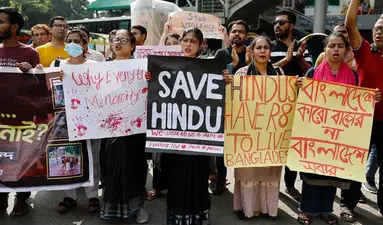Bangladesh Urged to Ensure Inclusive Reforms of National Human Rights Commission
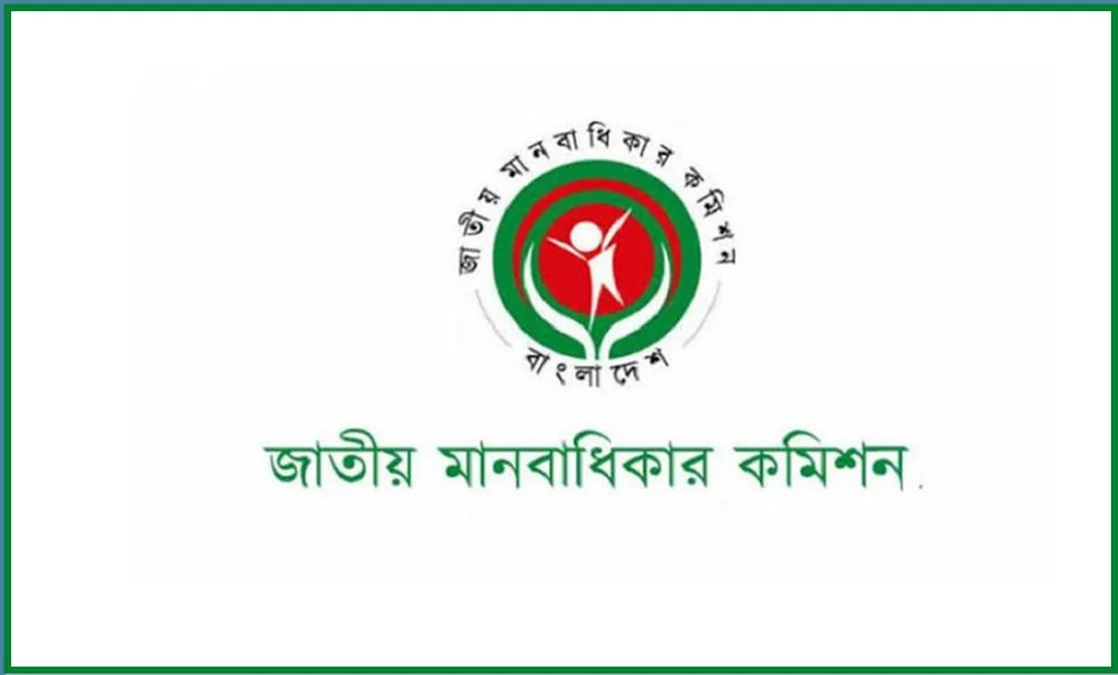
BANGKOK, Thailand (8 September 2025) – The Asian Forum for Human Rights and Development (FORUM-ASIA) and the Asian NGO Network on National Human Rights Institutions (ANNI) have jointly urged the Government of Bangladesh to ensure a transparent, inclusive, and timebound reform process for the National Human Rights Commission (NHRC) of Bangladesh. This call follows nationwide consultations led by the Ministry of Law, Justice and Parliamentary Affairs (MoLJPA), in collaboration with the United Nations Development Programme (UNDP) and the Embassy of Switzerland.
After 15 years of only partial compliance with the Paris Principles, human rights advocates stress that the reformation of the NHRC must guarantee institutional independence, a comprehensive investigative mandate—especially over state actors—and inclusive participation from all sectors of civil society.
“FORUM-ASIA and ANNI welcome the government's initiative and commend the multi-stakeholder collaboration involved. However, the reform process must be genuinely participatory and inclusive, engaging civil society organizations, human rights defenders, victim groups, academics, and thematic experts,” said Mary Aileen Diez-Bacalso, Executive Director of FORUM-ASIA, which also serves as the Secretariat of ANNI.
“To ensure legitimacy and effectiveness, the reforms must be guided by the Paris Principles—the international gold standard for independent and effective national human rights institutions,” she added.
Background: A Critical Juncture in Bangladesh’s Democratic Transition
The need for urgent reforms comes amid Bangladesh’s historic political transition. Following the July 2024 people’s movement and the resignation of Prime Minister Sheikh Hasina, an interim government was formed under the leadership of Nobel Peace Prize laureate Muhammad Yunus.
This shift marked a turning point for the country’s democratic future, but also revealed deep-rooted institutional weaknesses. One such institution—the NHRC—has remained inactive since all its commissioners resigned on 7 November 2024. The Commission has long struggled to carry out its full mandate, and the leadership vacuum comes at a time when public demand for justice and accountability is at an all-time high.
Concerns Over Past Performance and Need for Legal Reform
In 2015, the Global Alliance of National Human Rights Institutions (GANHRI) accredited Bangladesh’s NHRC with a “B” status, citing only partial compliance with the Paris Principles. Key concerns included:
- A politicized and opaque appointment process
- A restricted mandate, particularly regarding human rights violations committed by law enforcement
- Excessive executive influence over staffing and operations
The accreditation sub-committee explicitly recommended amending the NHRC Act (2009) to strengthen the Commission’s independence, legal authority, and operational effectiveness.
FORUM-ASIA and ANNI emphasize that the ongoing reform process must include a transparent, merit-based, and depoliticized appointment system, with a strong emphasis on human rights expertise. The new Commission must also reflect gender balance and representation of minority communities to ensure legitimacy and trust.
Urgent Need to Amend Section 18 of the NHRC Act
Of particular concern is Section 18 of the NHRC Act, which prohibits the Commission from directly investigating allegations of human rights violations by law enforcement agencies. Instead, the NHRC must rely on reports submitted by the government—undermining its effectiveness and credibility.
This limitation has long been criticized by both domestic and international observers. In line with the Paris Principles, the reformed NHRC must be empowered with a broad and unrestricted investigative mandate, including authority to probe abuses committed by security forces and other state actors.
While the interim government pledged institutional reforms in August 2024, progress remains uneven and heavily contested. FORUM-ASIA and ANNI stress that the NHRC reform must be completed prior to the next general elections to ensure the Commission operates independently and without political interference.
A Call to Action
“We remain committed to supporting this reform process and are ready to engage constructively with the Government of Bangladesh, the United Nations, and international partners to help ensure that the NHRC emerges as a truly independent and credible institution aligned with the Paris Principles,” FORUM-ASIA and ANNI jointly affirmed.
As Bangladesh moves through a critical democratic transition, the NHRC’s reform presents a unique opportunity to rebuild public trust and establish a solid foundation for long-term human rights protection in the country.
Source: FORUM-ASIA




